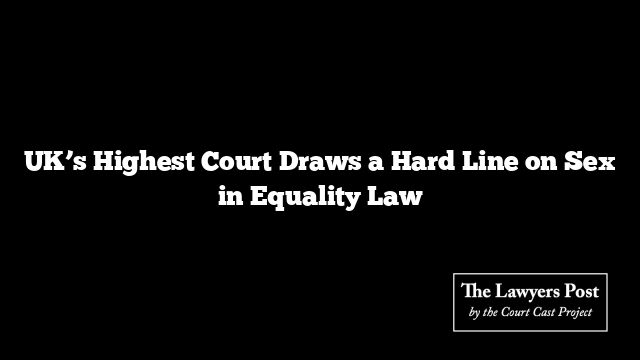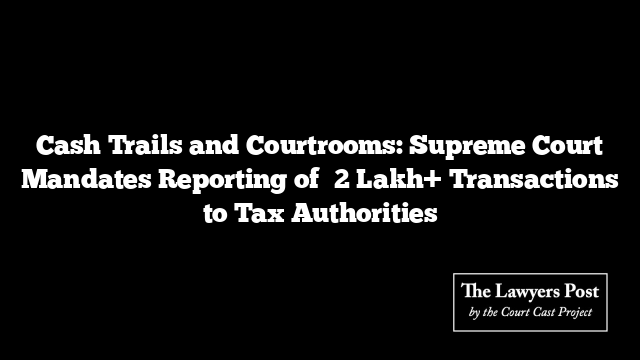Trans Women Excluded from Legal Definition of “Woman,” Rules Supreme Court
In a ruling that has sent ripples through the UK’s gender and legal landscapes, the Supreme Court has declared that the words “woman” and “sex” under the Equality Act 2010 refer strictly to biological definitions—leaving trans women outside the legal category of “woman” for the purposes of sex-based protections.
Five justices, sitting at the top of the British judicial hierarchy, unanimously concluded that even a Gender Recognition Certificate (GRC)—once seen as the gold standard for legal gender transition—does not suffice to meet the law’s definition of “woman” when it comes to anti-discrimination protections or gender representation targets.
The case stemmed from a challenge by For Women Scotland, a feminist group that took issue with a 2018 Scottish law designed to boost female representation on public boards. That law counted trans women as part of the 50% female quota, sparking legal action and years of back-and-forth in the courts. Today’s ruling effectively invalidates that inclusive reading.
The Court stated: “A person with a GRC in the female gender does not come within the definition of ‘woman’ for the purposes of sex discrimination in section 11 of the Equality Act 2010.” It followed that the 2018 Scottish law must align with that same interpretation.
Judges presiding over the decision included Lord Reed, Lord Hodge, Lord Lloyd-Jones, Lady Rose, and Lady Simler. While affirming the ruling, Lord Hodge urged the public not to read it as a culture war victory: “We counsel against reading this judgment as a triumph of one or more groups in our society at the expense of another.”
Still, the implications are unmistakable. The court explicitly noted that while trans people can and should be appointed to public boards, such appointments “do not count” toward the legal requirement that 50% of non-executive board members be women.
The judgement crystallizes a years-long tension between evolving social norms around gender identity and the legal rigidity of sex-based classification. And with today’s ruling, it’s clear where the UK’s top court believes the legal line must be drawn.





